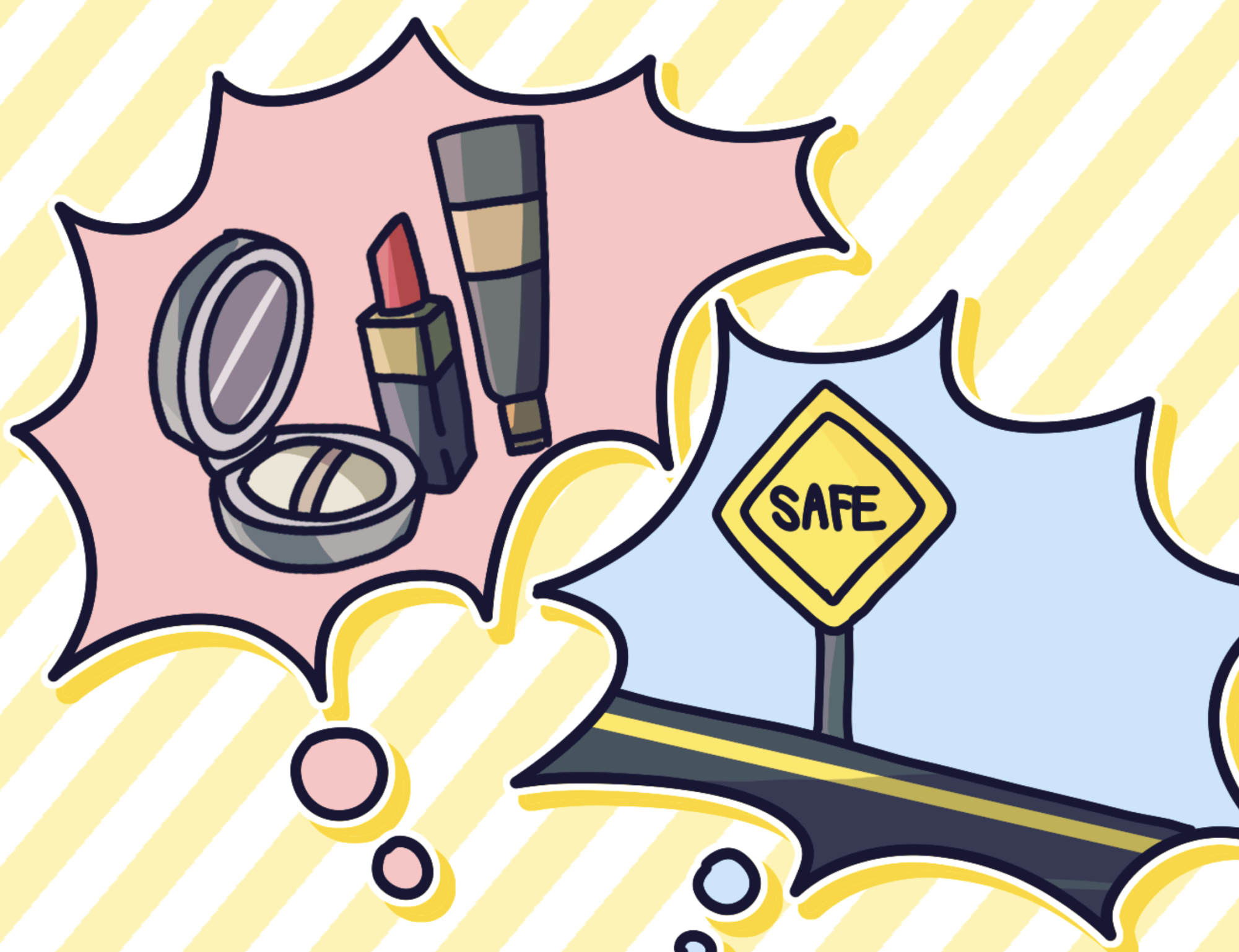
Eyes track my every move. Streets, markets, malls, my own elevator – no matter where I go, I’m under the spotlight. I felt the ever-present sense of invisibility I experienced back home in Italy dissipate. Two months ago I moved to Korea, thrown into a completely new environment. Everything from beauty culture and social norms to living expenses and public transportation presented novel experiences. Though I recall several positive moments, some incidents made me feel ostracized in this extremely homogenous society.
In Korea where people value conformity above all else, I stick out like a sore thumb, the center of attention. Elders even stop me on the streets, inquisitive about my origins and “exotic” features. Unapologetic and evident, these stares lead me to question my every gesture. A culture shock I didn’t anticipate, this led me to wonder if I’ll ever truly “blend in.”
On one of my first days in Korea, I went to grab coffee with my sister. A group of girls approached me, mistook me for Beyoncé, and snapped photos from a distance as if I were a celebrity sightseeing Geoje – instant flashbulb memory.
People often use the term “foreigner” to identify me. Though an innocuous term, I still feel unfamiliar with this label because it holds an offensive connotation in my home country, a vulgar characterization of someone as an alien instead of a human being. I lived in various countries throughout my life, but I would rank my experience in Korea as the most different because of how they perceive foreigners.
To name a few of my peculiar surprises, the integral role of beauty and wealth in social status perplexed me. Though as a foreigner I remain mostly unaffected by East Asian beauty standards, it still bewilders me how much of a difference appearance makes in Korea. A significant number of individuals go on extreme diets and use makeup to appear fair-skinned. Not only that, Korean society highlights economic levels more than anywhere else, with news headlines and social media platforms obsessing over “chaebols.” The privileges you can achieve beyond your personality and capabilities still rock me.
Another eye-opening factor is food expenditures and the culinary scene. Fruits here cost so much. Unlike in Italy where berries and citruses are more affordable and less valued compared to non-organic foods, Korean produce costs notably higher. This might be due to the climate that negatively impacts fruit production, which leads to lower yields and increased market prices.
As for the culinary scene, I can’t walk two feet without stumbling upon a coffee shop, a street food vendor, or a restaurant. It also stunned me how dining out in Korea tends to be more economical than grocery shopping. In Europe, I found self-catering way more affordable than going to restaurants. Ms. Wang who studied abroad in Germany also said, “When I lived in Germany, eating out at restaurants was expensive while grocery shopping can be more costly, opposite from Korea.”

The sense of safety I feel here also fascinates me. Unlike the Italian (particularly in Milan) metros full of “pickpockets” or “borseggiatrici,” Korean public transportation and cafés provide a safe space where I feel comfortable without constantly paying attention to whether my phone and AirPods stay with me.
Since I mentioned transportation, I can’t fathom how cheap and affordable taxis are in Korea. In Italy and most other places around the world, taxis tend to be very expensive – only tourists and upper-class citizens can afford them. Here, a 30-minute ride simply costs 10 euros (14000 won), while in Italy, the same distance would net 70 euros (103,257 won).
Before I moved here, I watched YouTube videos about “culture shock” experienced by foreigners to prepare myself. Some creators described Koreans as unwelcoming and less sociable, which worried me. However, as I made new friends at DIS and assimilated into the community, it became clear to me that stereotypes portrayed by the media about certain cultures don’t always align with first-hand experiences.
My initial impression of a conservative society changed, and I started to appreciate the culture’s deep respect in communication and how individuals reciprocate my gestures with friendliness. I learned from my friend that a particular word, “정,” (jeong) means “affection” for Koreans, who value goodheartedness and attachment. I felt this sentiment when people appreciated my simple mannerisms – such as presenting objects with both hands – or when someone smiled at me when I made an effort to speak Korean.
By experiencing their kindness firsthand, I realized that although Koreans tend to be quieter and less expressive, they demonstrate empathy through actions over words, unlike Italian people who deliver their thoughts more directly and loudly. To me, this highlights the diverse ways people navigate social interactions in various cultures.
My journey in Korea continues, and of course, I’m bound to face challenges. I’m still on the journey of growth as I find my place in an unfamiliar society, far away from home. I only spent a short while in this country, but every day I explore new frontiers of cultural differences and pleasant surprises, and my identity grows along the way.



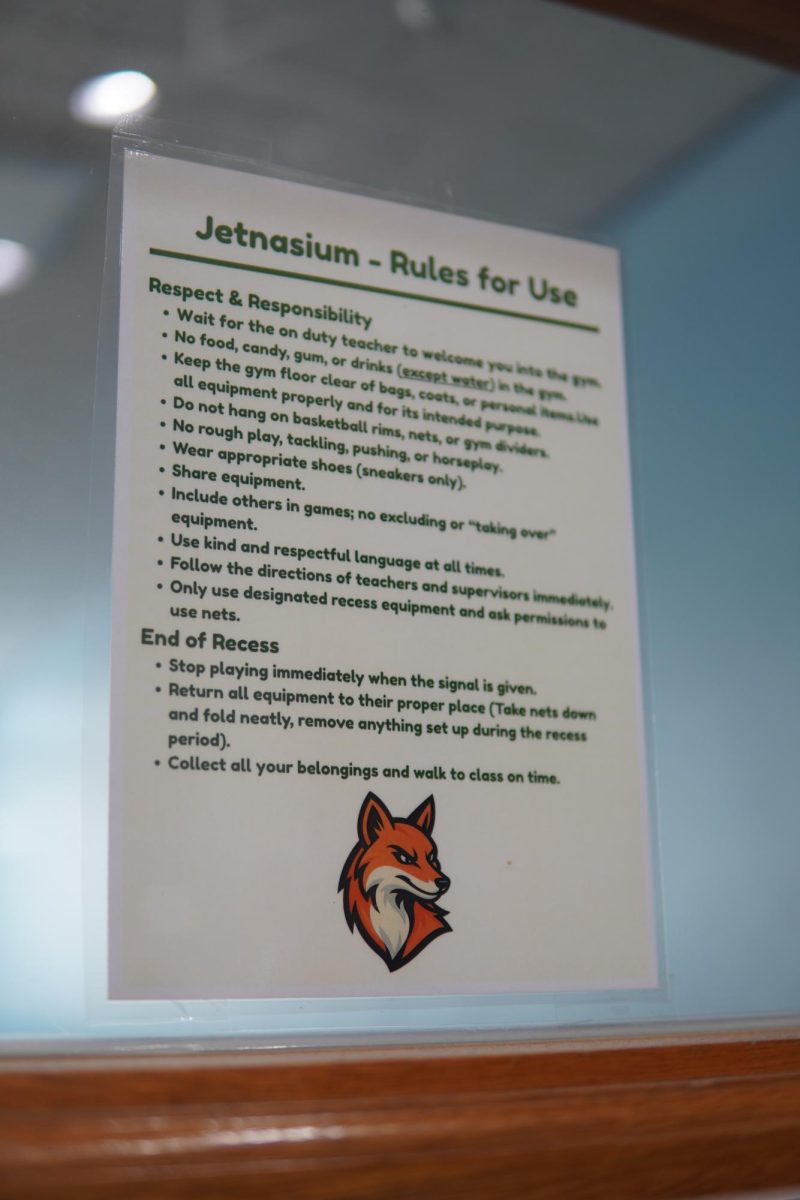
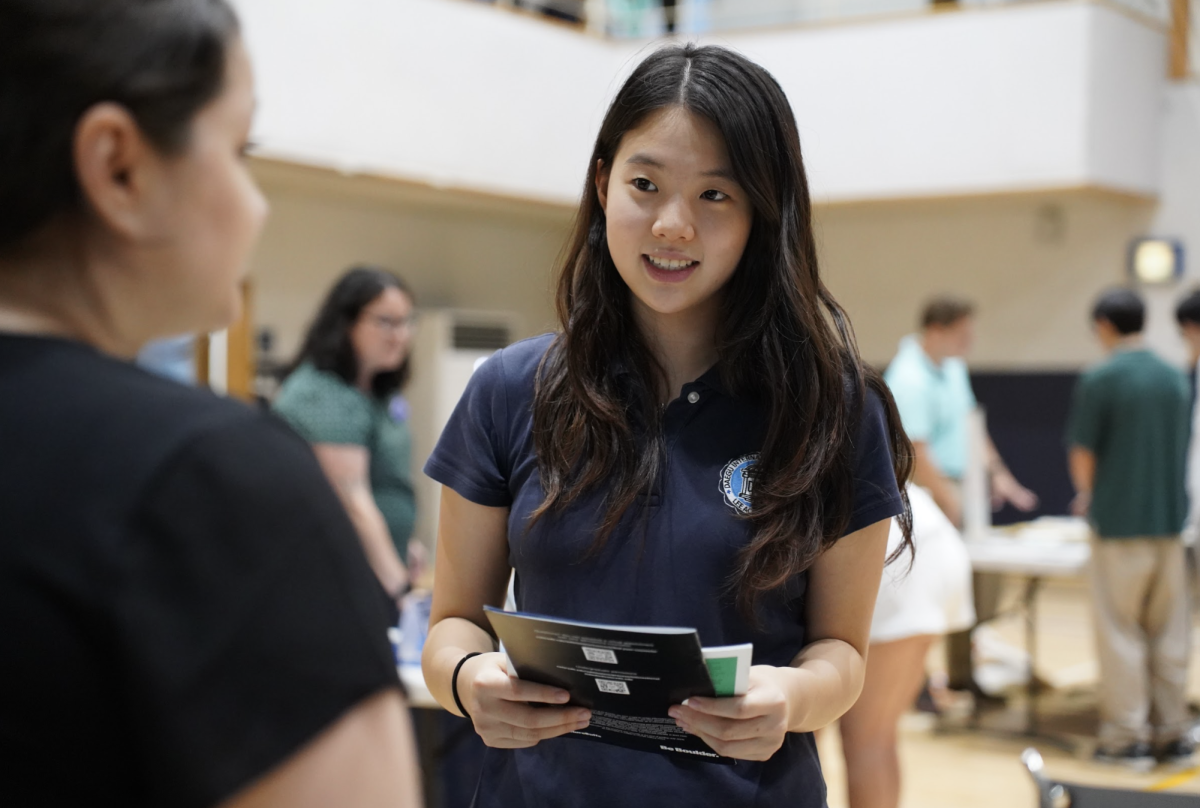
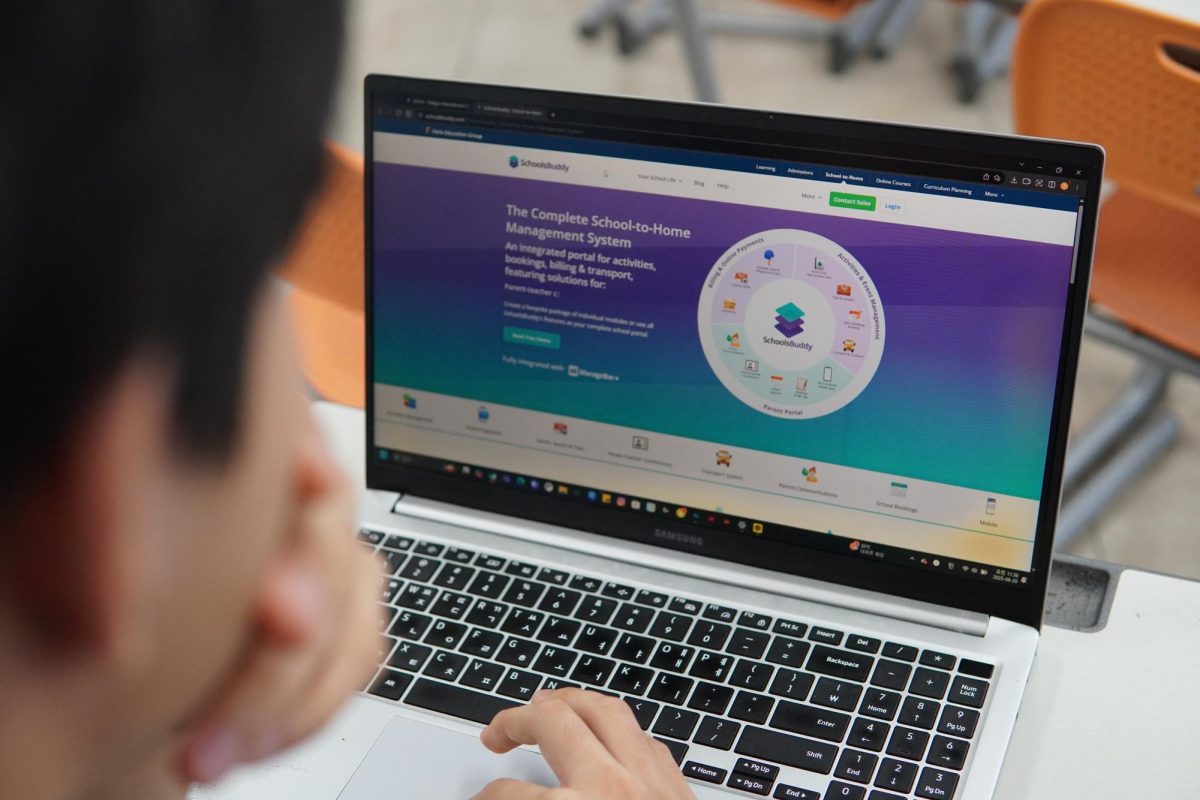
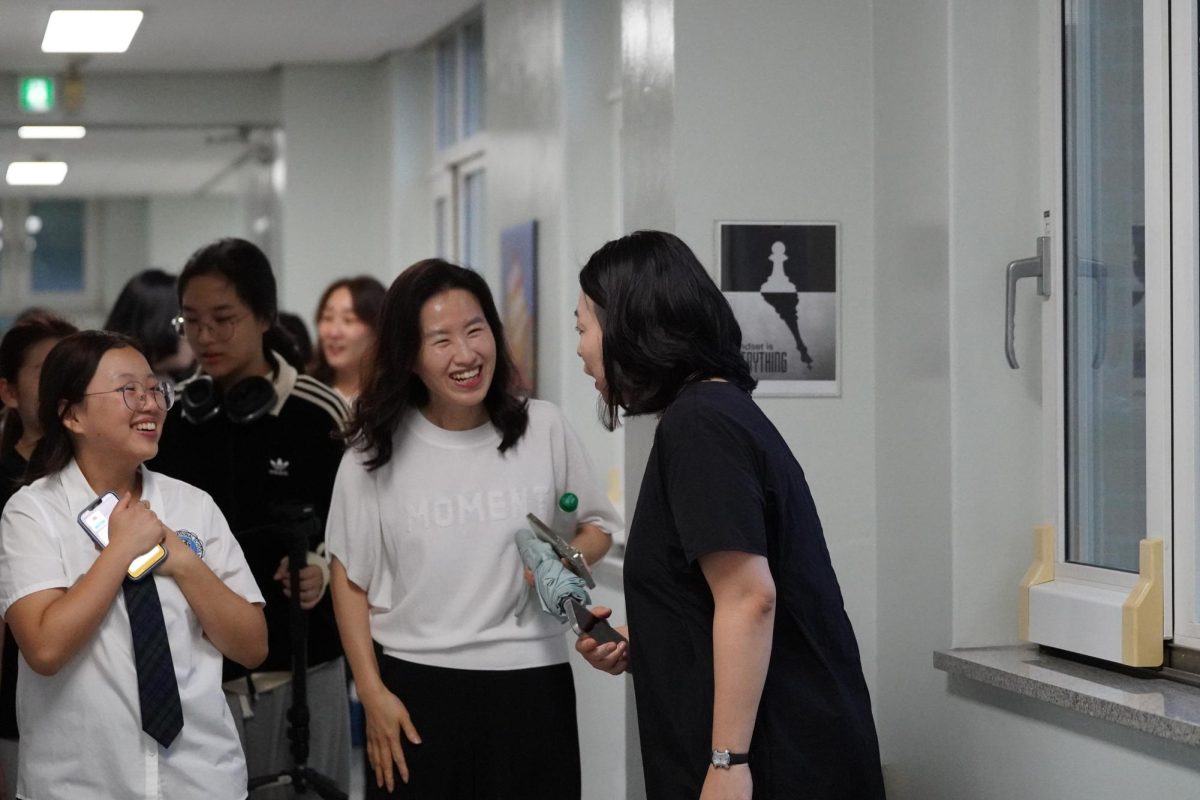









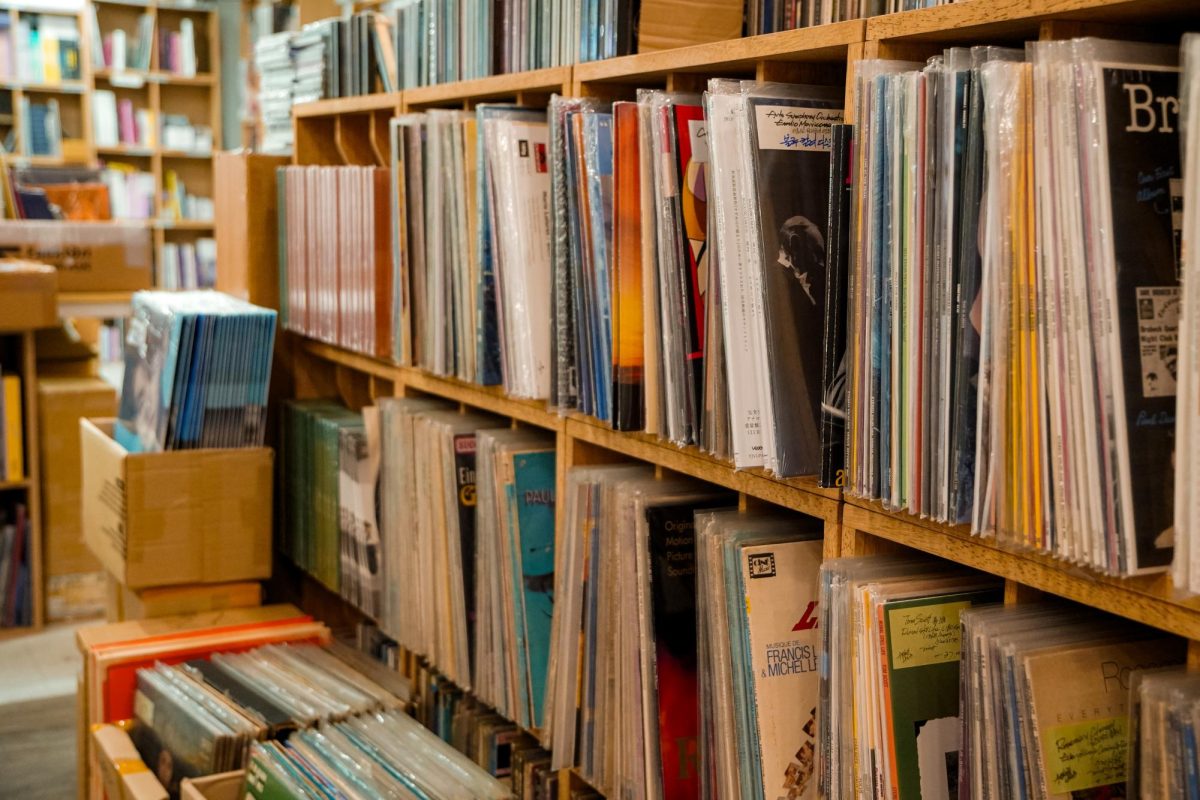
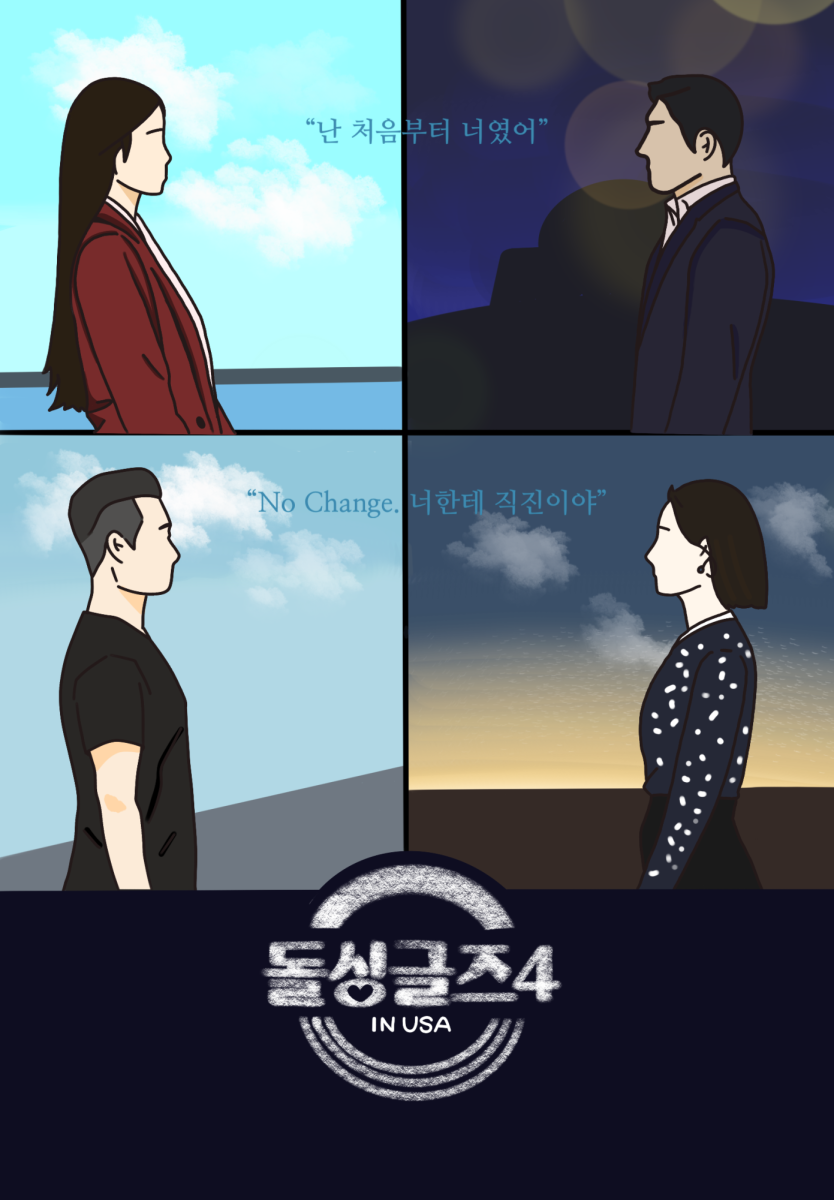






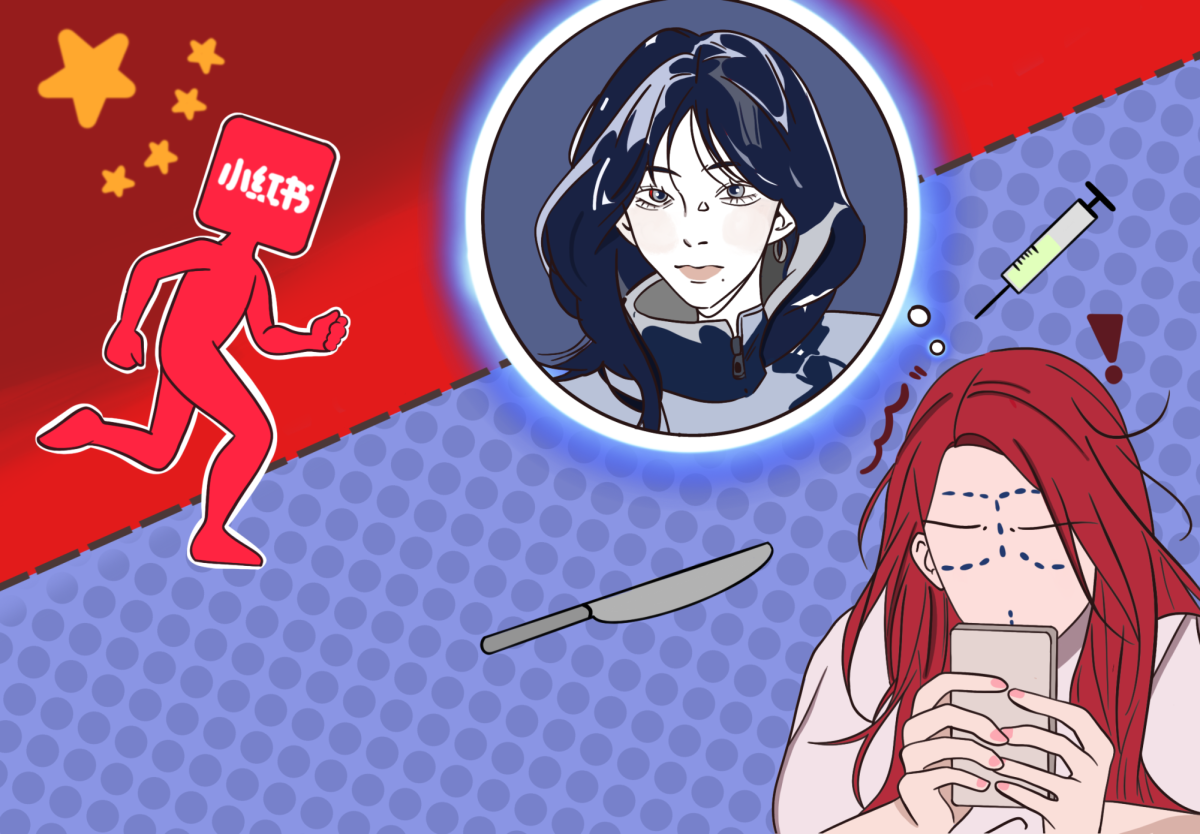








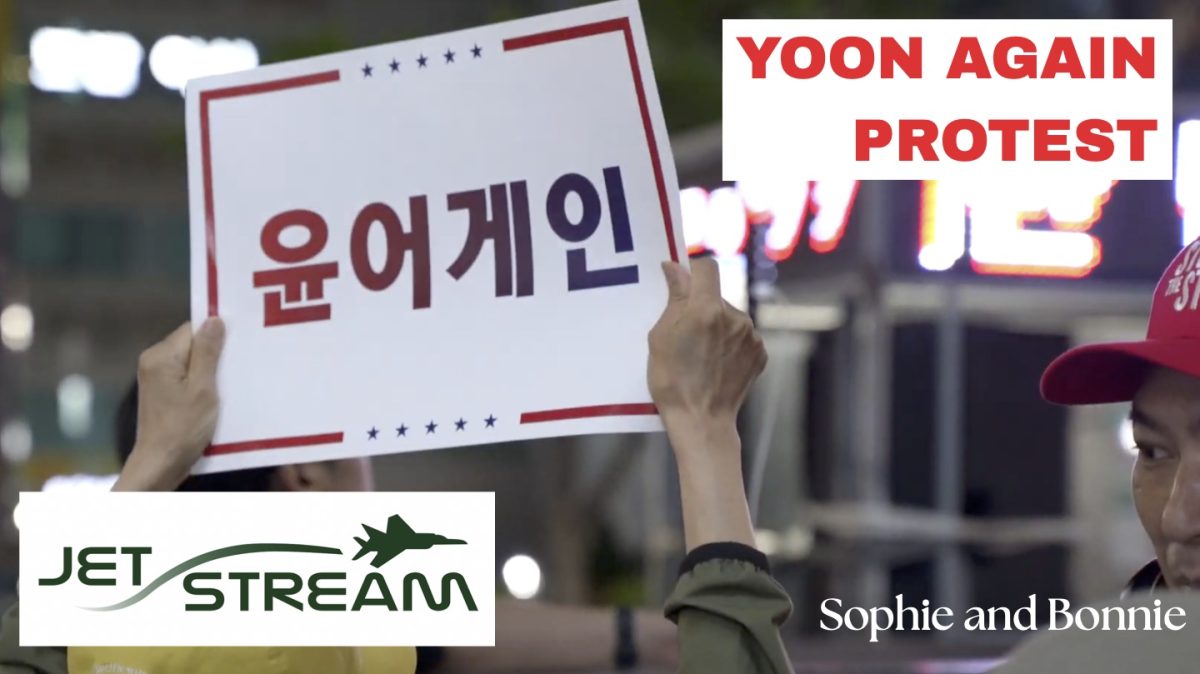




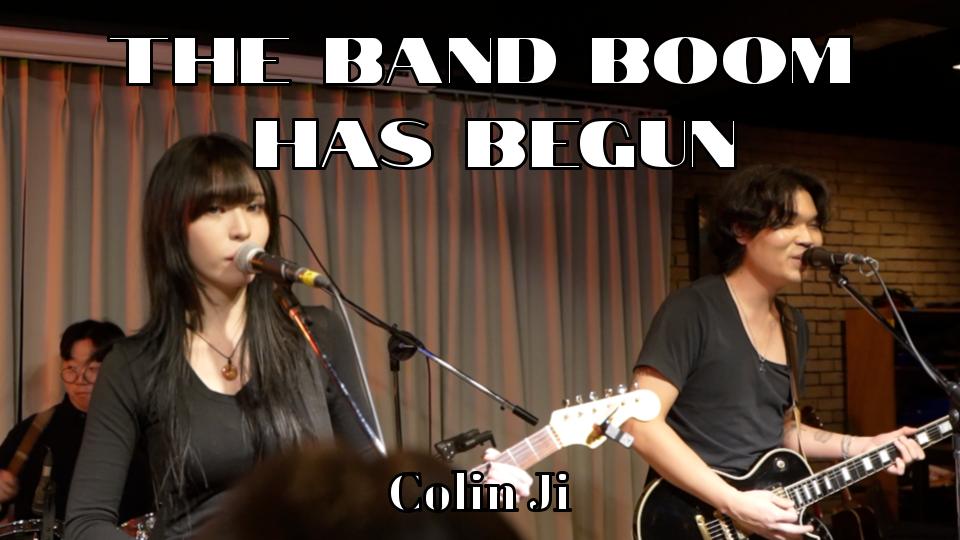
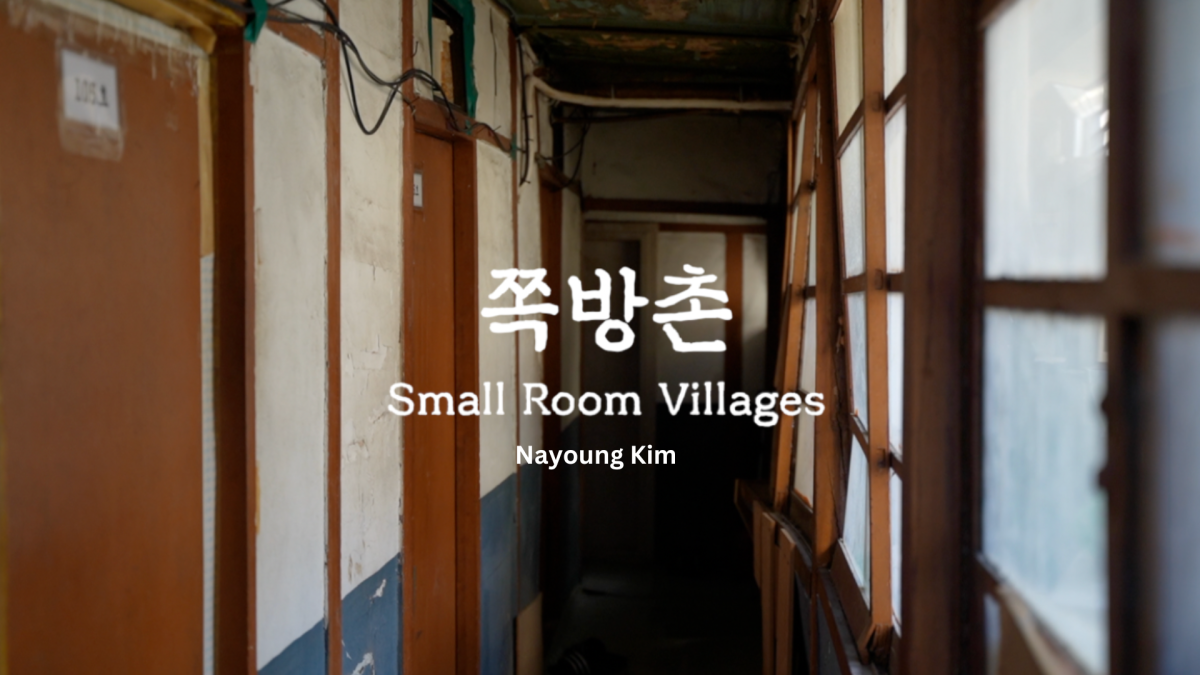









Ms. Spaeth • May 23, 2024 at 8:16 pm
Thanks for sharing your experience Tamara! I had a similar culture shock when I first moved abroad to China. I also love the safety and public transportation in Korea.